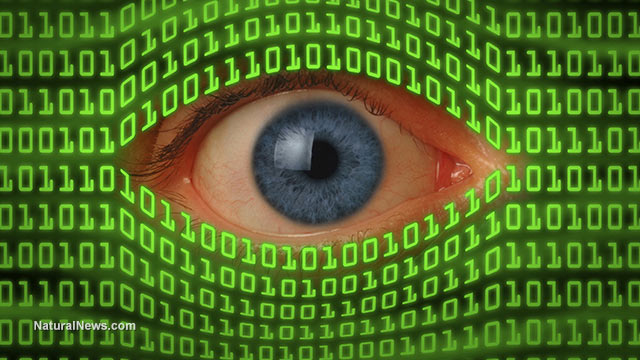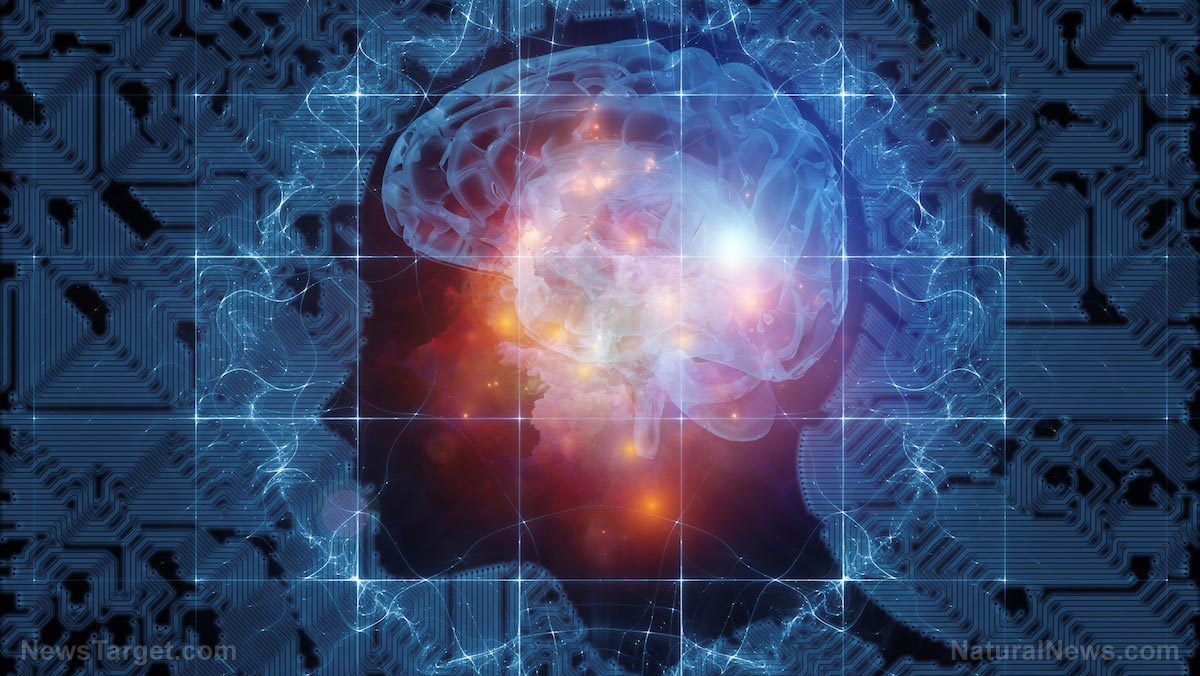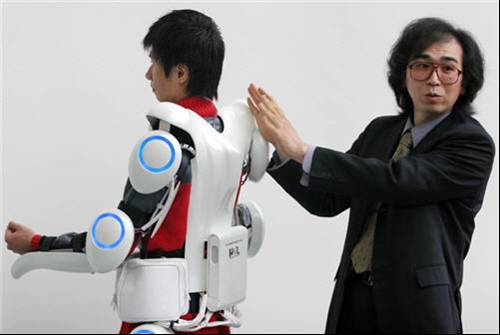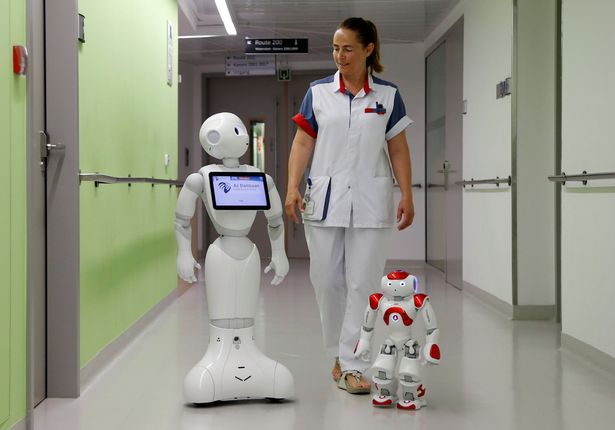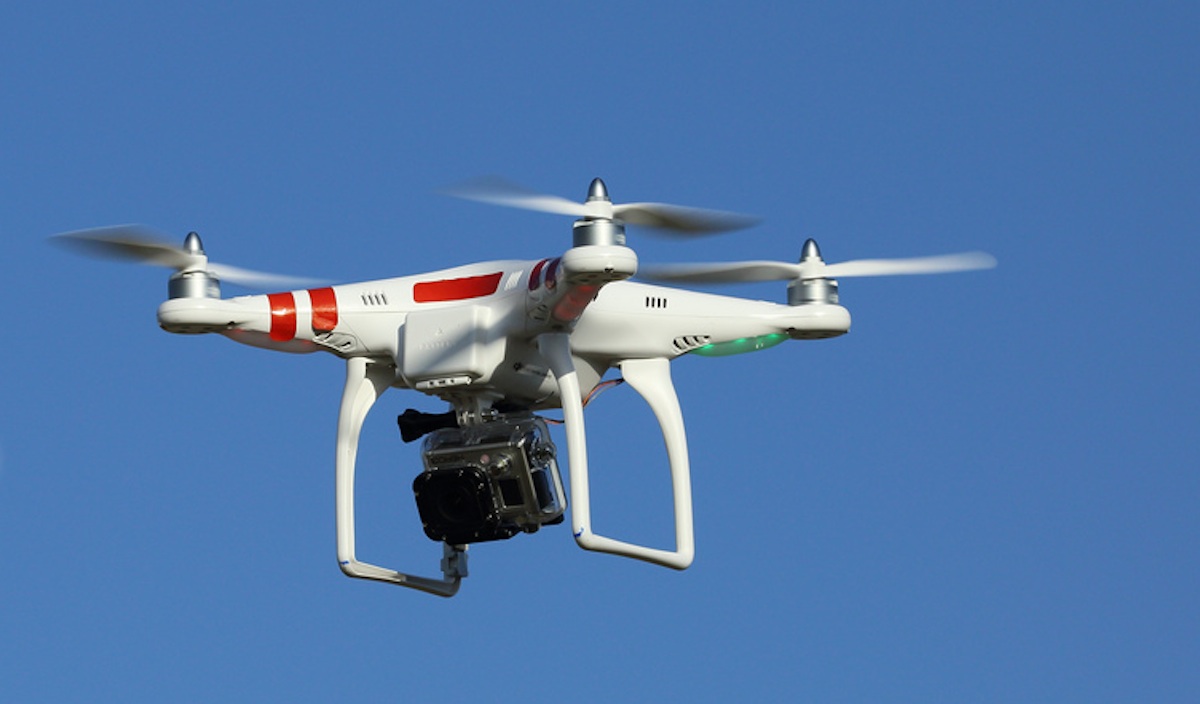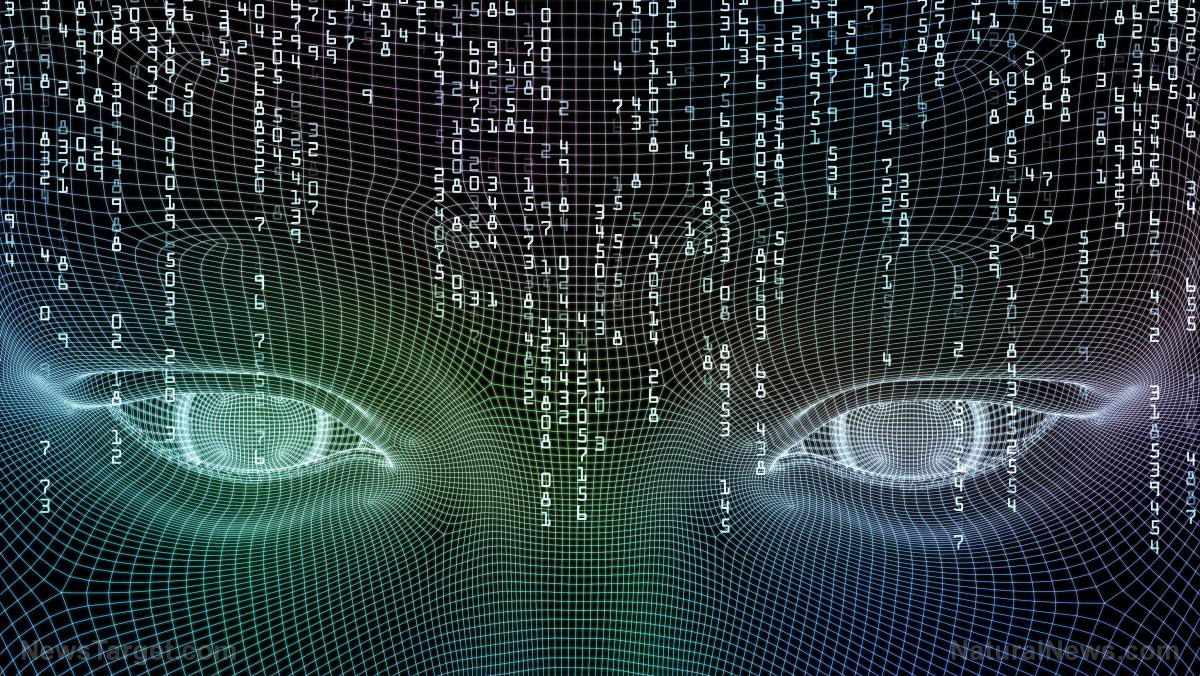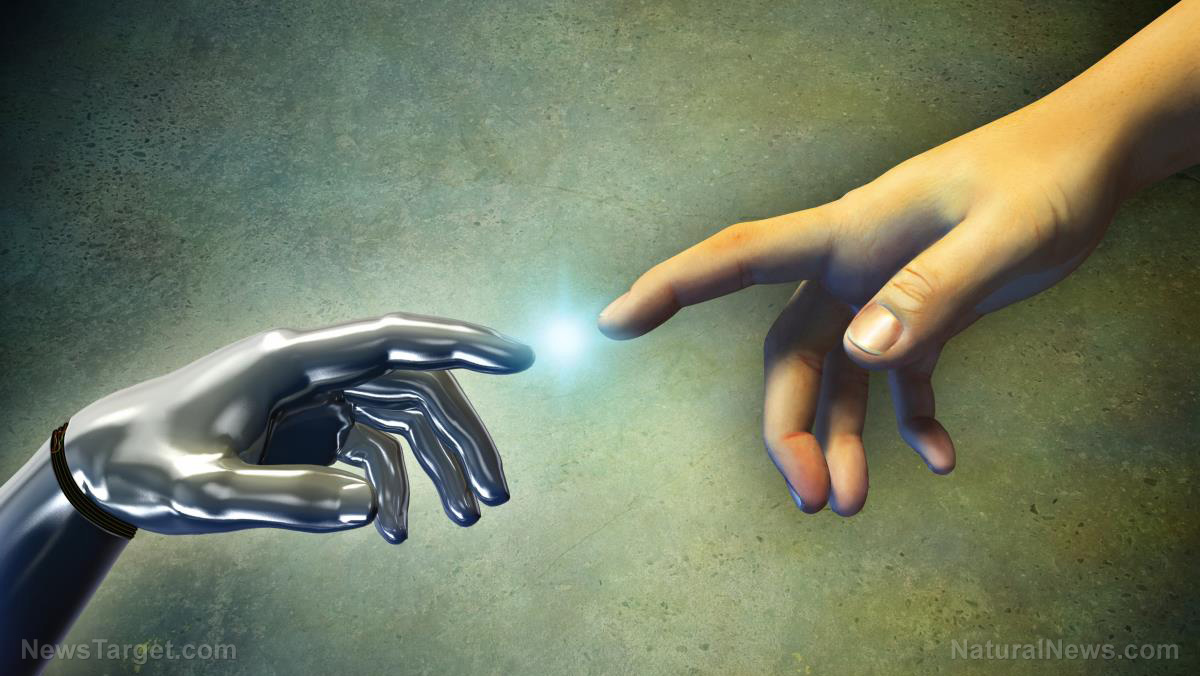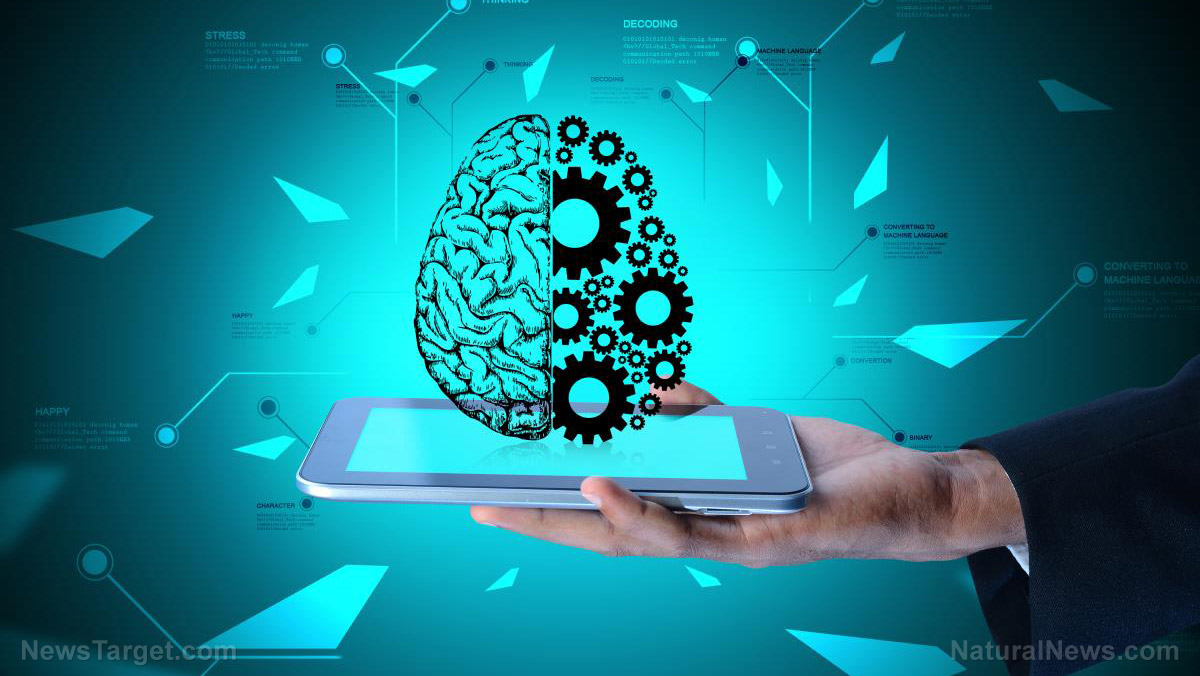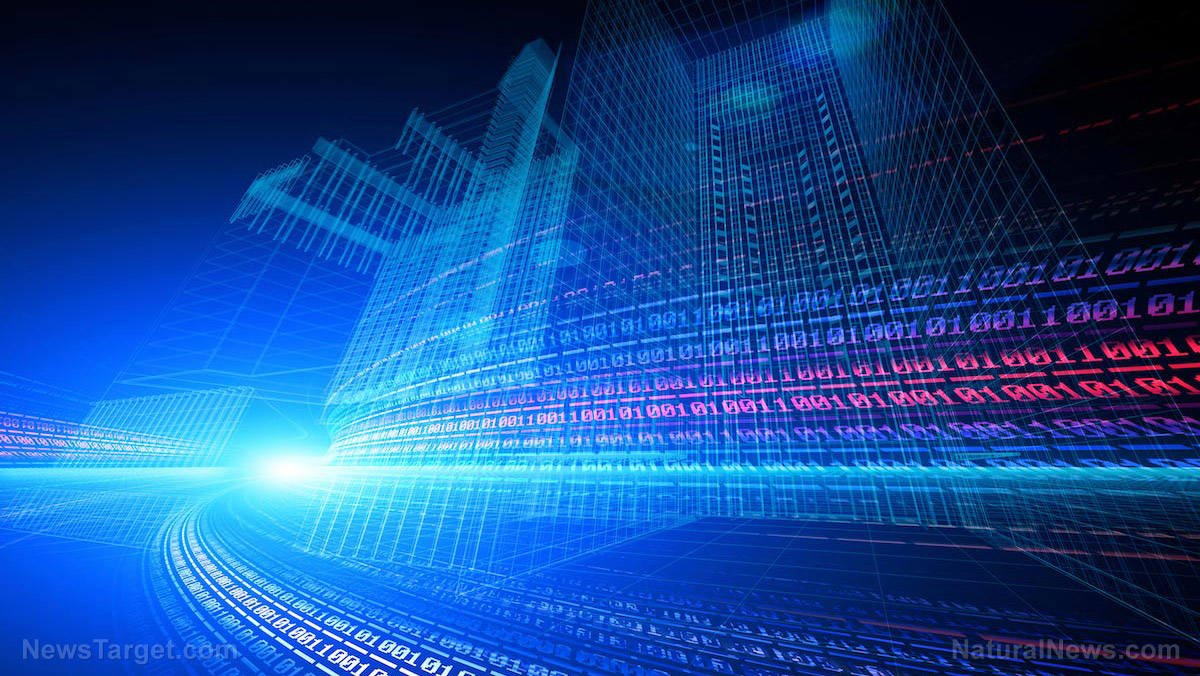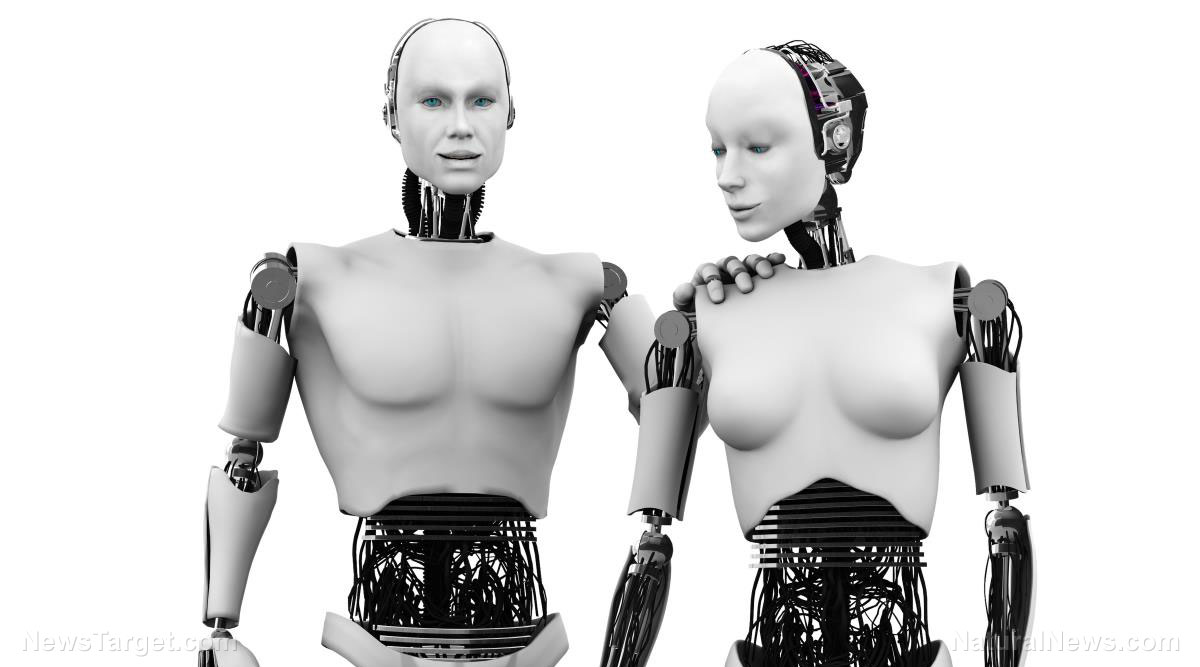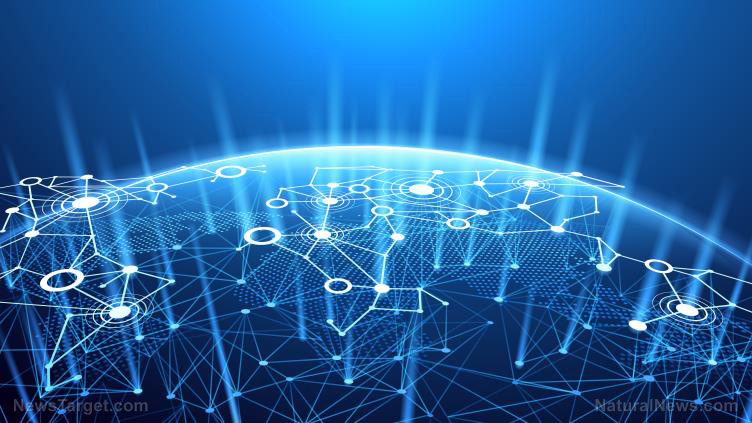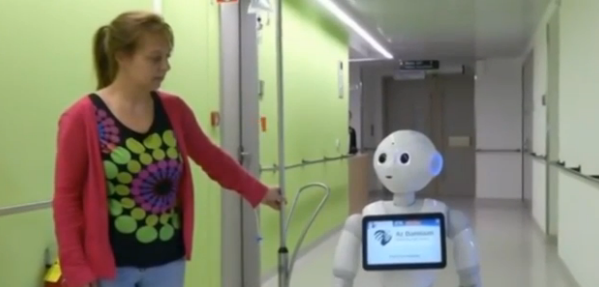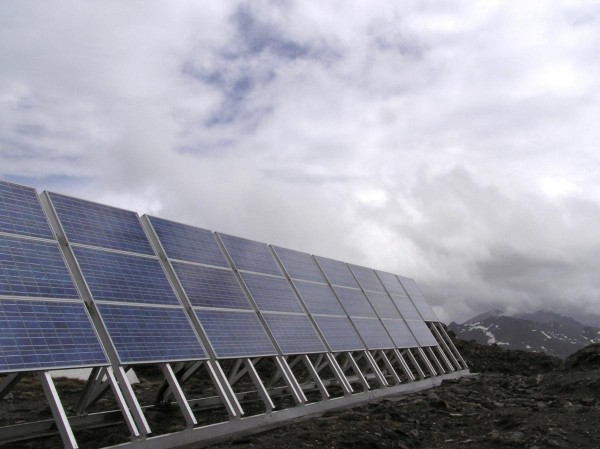Meaningless misery awaits: Self-driving cars, robots and AI will leave a THIRD of the population unemployed, expert warns
07/25/2018 / By Rhonda Johansson
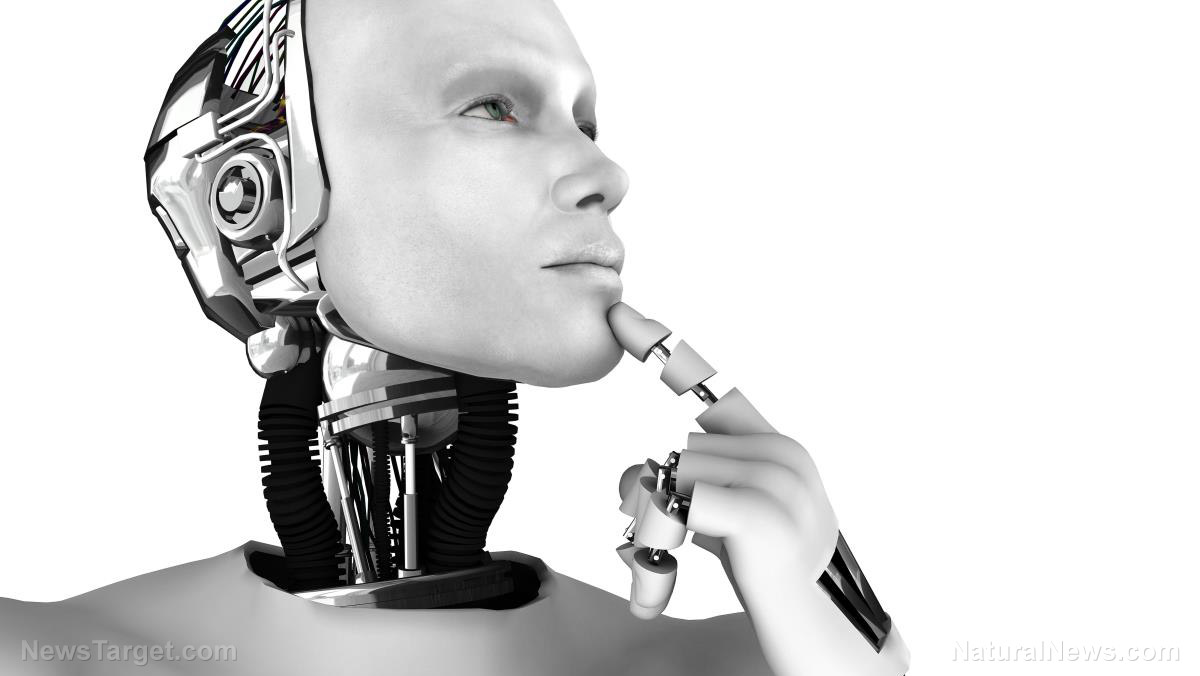
Computing expert at Oklahoma University, Dr. Subhash Kak, predicts a very grim future for us. According to him, we’re driving ourselves to a future that’s meaningless – and it’s all thanks to our disturbing desire to automate everything. This miserable future is the inevitable outcome of the snowball effect self-driving cars would have in how many people are gainfully employed both locally and globally in less than a decade.
He says, “I think we are nearly there … The beginnings of the dystopia are already there.”
Statistical models have estimated that self-driving cars would become the norm by 2030. As the technology becomes more widely adopted, Dr. Kak says that this will displace millions of people out of their jobs. He escalates this even further, stating that robots will reach a form of intelligence that will affect other industries as well.
“Why would professors like me be needed if the lectures of the best instructor in the world are recorded and made available on the Internet?” Kak worries. “Department stores are closing because they can’t compete with Amazon where the orders are filled by robots in the warehouse.”
Kak believes that the sudden surge of unemployment will cause a “meaningless misery” as people struggle to find work. He paints an awful picture of a world sunk into despair. Kak warns government officials that they need to take him, and his assertions, seriously. He says that while policies are being developed to guarantee a majority of the population with food, global officials aren’t addressing the heart of the problem. He believes that actions need to be made now to ensure that people would still have work even as more jobs are being taken over by robots.
A look at the automation potential
Dr. Kak’s strong words leave nothing to the imagination. But perhaps this is the push we need to remove the veil from our eyes. Other experts have said that automation may cause a disruption to how we find and maintain jobs. A 2017 McKinsey report entitled, “What the future of work will mean for jobs, skills, and wages” concluded that robots will, indeed, impact several industries. The most affected would be those with predictable physical work. This includes equipment officers, food-preparation workers, and general mechanics.
The logic is that robots can be programmed to do simple tasks – particularly those that are repetitive. Robots are also less likely to make mistakes and are able to do these tasks continuously. From a business point of view, automation saves money and increases efficiency. The report predicts that a third of the American workforce will be replaced by robots by 2030. (Related: Just ONE robot eliminates SIX jobs, analysis finds… human labor rapidly becoming obsolete.)
Conversely, we may see an upsurge in demand for computer engineers and specialists. Experts say that a moderate growth in our country can be expected; but we’re dramatically beaten by countries like India and China whose local programs place an emphasis on these subjects.
The same holds true for teachers. Statistical estimates place India as a forerunner in employment growth. They’re followed by China and Mexico.
Experts say that automation will have little to no effect on jobs that involve managing people, applying some form of expertise, and social interactions. Current technology is yet (and we place an emphasis on “yet”) unable to match human performance.
All the same, industry professionals believe that automation is neither a good or bad thing. They don’t deny that automation will cause millions of people to lose jobs, but they argue that this will just shift the job market. Instead of construction workers, for example, we may have more “computer doctors” instead.
Sources include:
Tagged Under: AI, artificial intelligence, automation, badtech, computing, dystopian future, future tech, job market, machine learning, robot employees, robot jobs, robot takeover, robotics, robots

